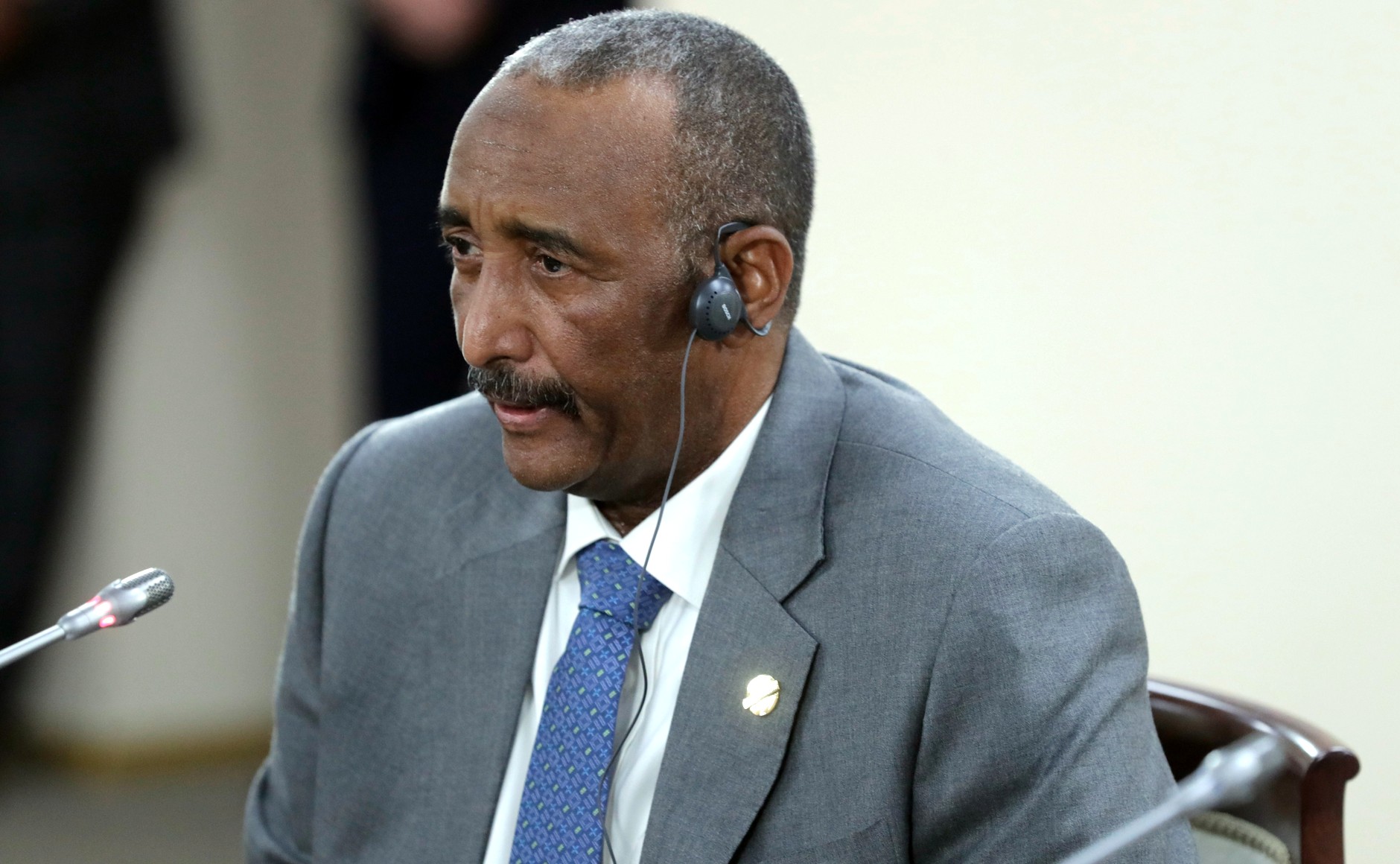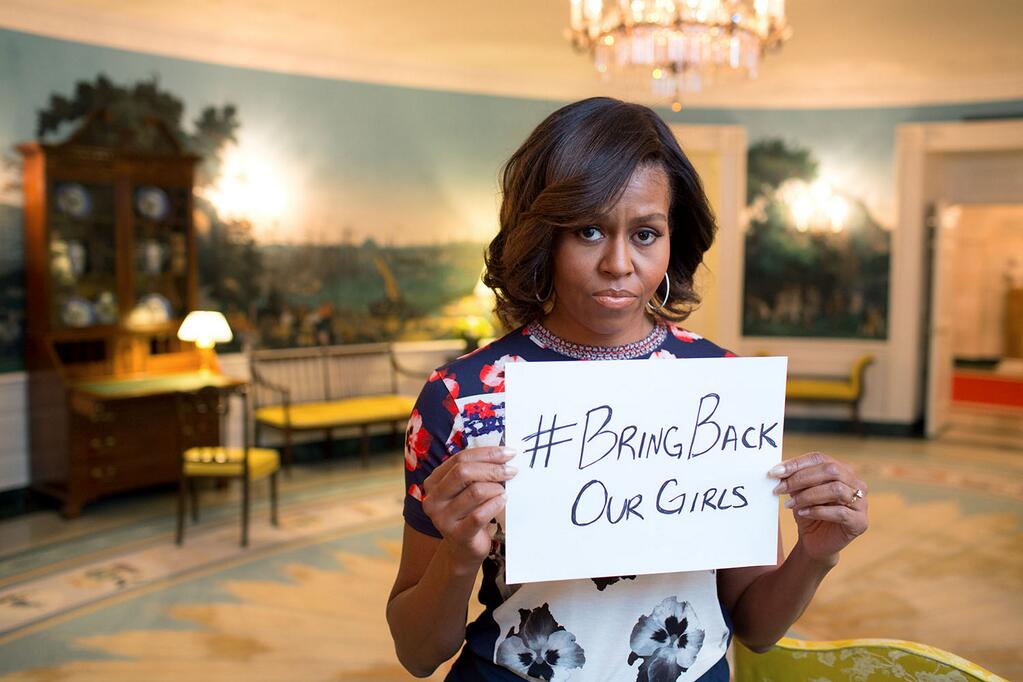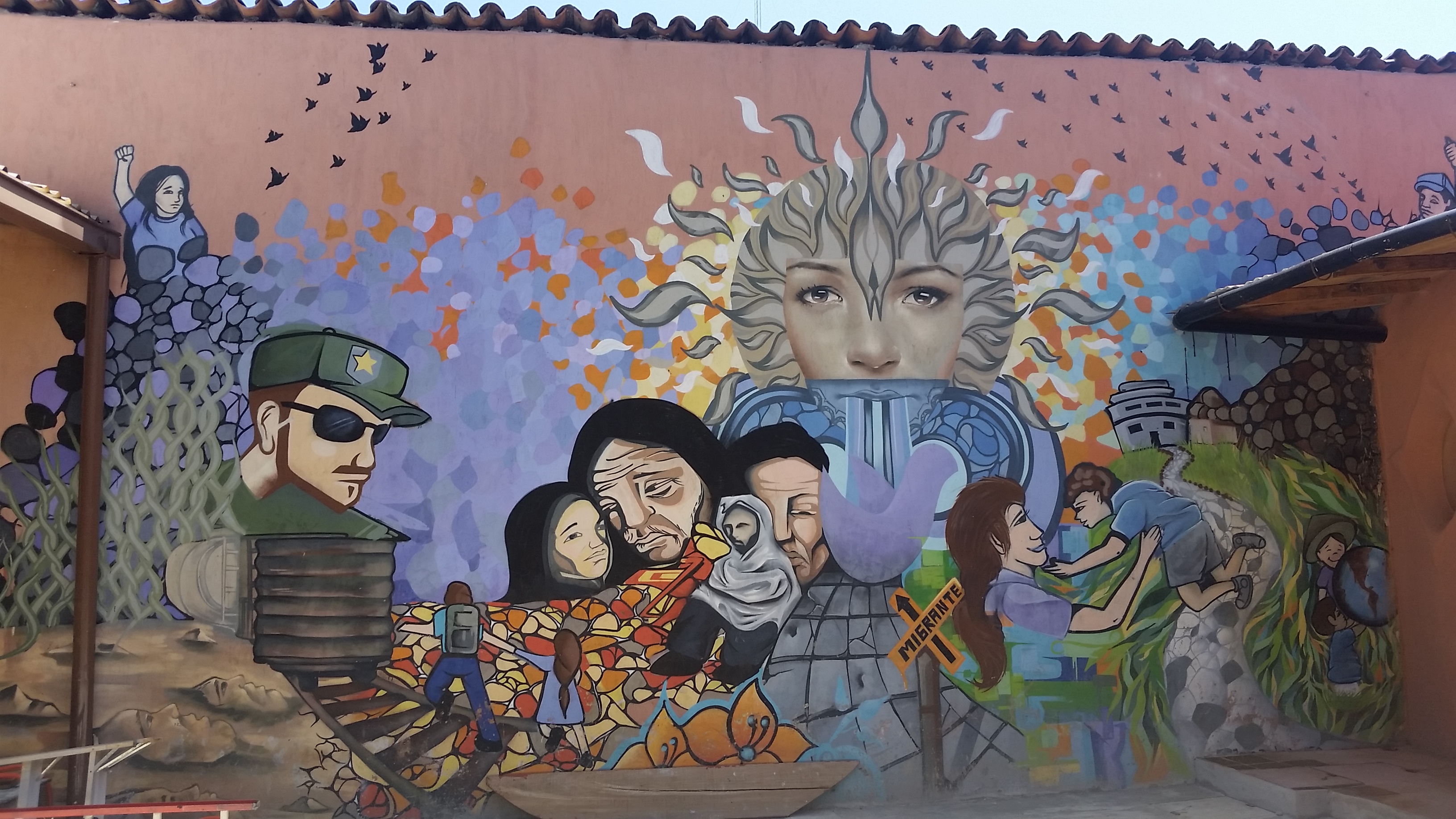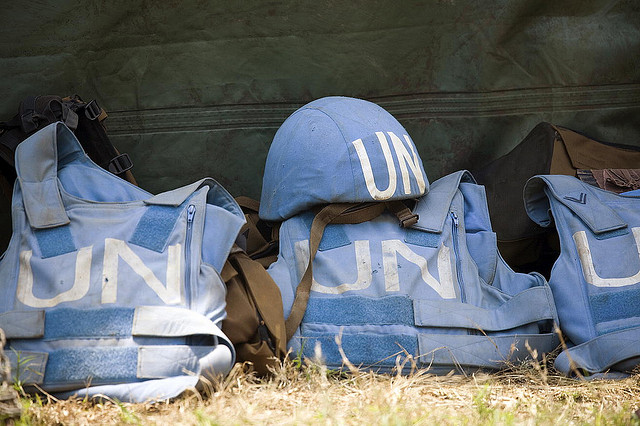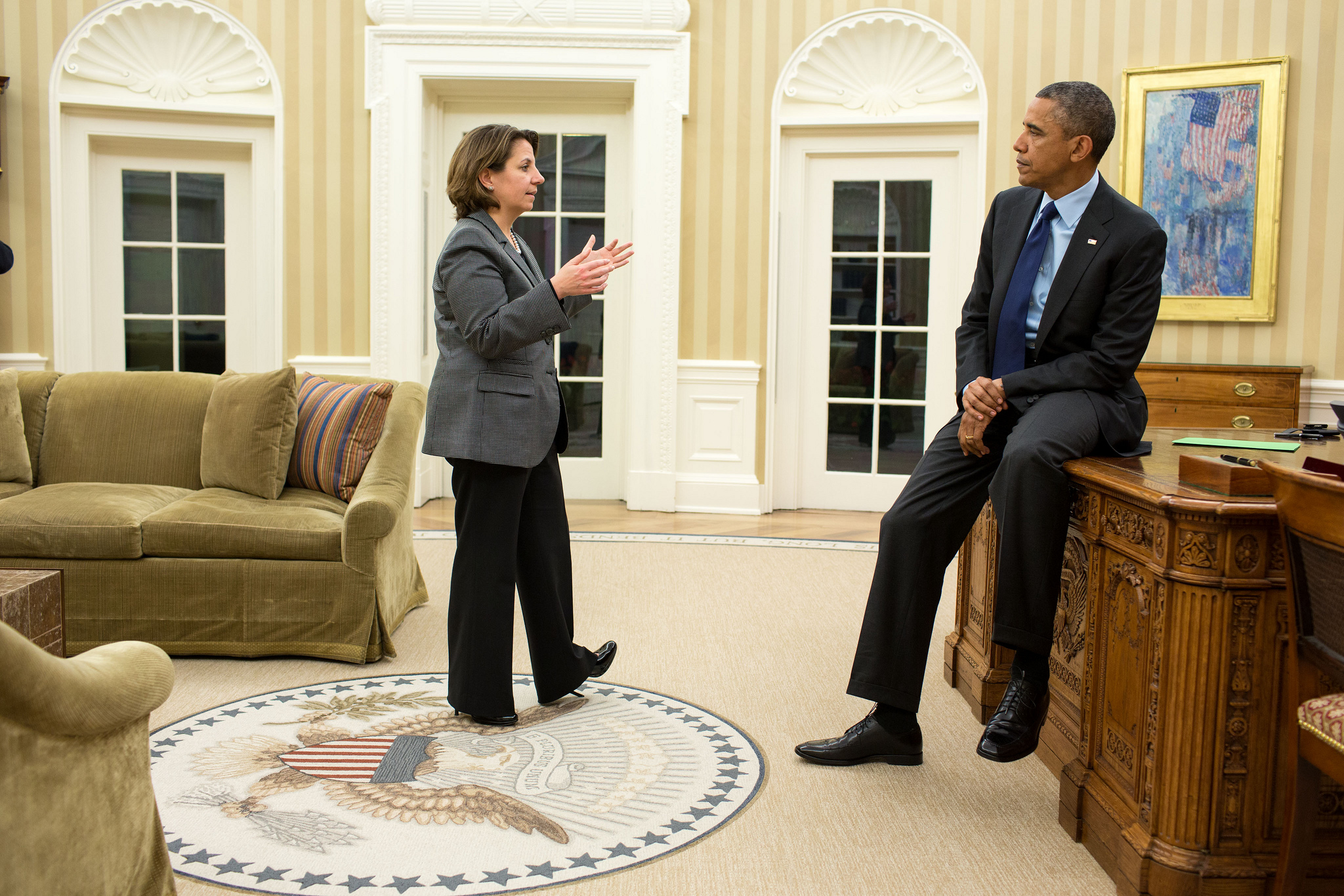Guest post by Hager Ali
Little more than a year ago, the military side of the coalition charged with helping Sudan transition to democracy staged a coup, ousting the civilian elements of the coalition and seizing control of the country.
Despite the coup and the long precedent of military rule in Sudan, military leader Abdel Fattah al-Burhan stated from the beginning that the military would withdraw from direct rule. Why would a military do this after staging a risky coup?
A successful military coup does not guarantee power. Electoral victory after a coup is key to consolidation because it legitimizes coups after the fact, excludes political opponents, and paves the way for major reforms. Getting there, however, requires a political and administrative structure to carry the new regime through the volatile interim period before elections, when the rules of the future electoral game and its future players are in flux.
Power-sharing, political organization, diffusing potential threats, and of course a functional, coherent military can make or break a new regime’s consolidation. Failure to govern in the interim, especially when domestic crises worsen, aggravates ongoing backlash from citizens and can turn dissatisfied factions within an army against the coup leader. The planned withdrawal of the Sudanese military from direct rule on the other hand shows why armies may voluntarily retreat after seizing power: coups do not pan out as anticipated, especially when coup leaders struggle to consolidate their takeover.
Direct military rule is costly and short-lived, especially without a party base that can politically cement power in state structures. Ideally, new incumbents co-opt or found new parties to take on administrative functions while galvanizing political support for the regime. That makes the dissolution of former ruling parties an important landmark during regime changes.
To dismantle Omar al-Bashir’s regime after his ouster in 2019, the former ruling National Congress Party (NCP) was dissolved. The NCP’s grip on state institutions, its role in war crimes in Darfur, and its continued capacity to mobilize supporters of the ancient regime would have foreseeably thwarted any regime change.
To survive in political office long enough to legitimize a coup ex post through elections, Al-Burhan would have needed to rebuild a political base from scratch while also diffusing Sudan’s dire economic crisis. Of course, Sudan was politically and socio-economically volatile long before Omar al-Bashir was ousted. But now, the NCP’s dissolution leaves al-Burhan without any prefabricated structures for effective governance or to foreseeably succeed in future elections.
Al-Burhan’s constitutional changes after the coup excluded civilian influence on the political process which created an institutional pathway for consolidation. Without a strong party to replace the NCP though, there is no political vehicle to go through with it. Consolidation stalled, paralyzing governance at a time when popular unrest compels the military to act swiftly with little room for maneuver.
Institutionalizing new regimes takes years, if not decades. Yet, Sudan’s dire economic crisis requires a much faster consolidation of governance to avert state collapse. Resource exports must compensate for the loss of foreign aid in response to the coup, but generating state revenue to diffuse the economic crisis comes with high conflict risks. Gold, now a cornerstone of Sudan’s economy, is predominantly mined outside Khartoum. Other important resources including petroleum byproducts, iron ore, chromium, and Gum Arabic are concentrated in the Nuba Mountains, Darfur, Abyei, and Blue Nile. At the same time, Sudan’s ethnoreligious divisions reinforce country’s urban-rural divide. The comparatively homogenous Arab-Muslim population is concentrated around Khartoum. Other ethnoreligious groups, including Fur, Masalit, Zaghawa, Nuba, and Beja, are dispersed in the country’s disenfranchised periphery. Their decade-long pursuit of political representation and empowerment extends to managing local resources. That makes any mining venture by the Sudanese army considerably riskier.
With a firmly rooted regime in Khartoum, Omar al-Bashir could exploit ethnoreligious and territorial conflicts outside the capital because the NCP effectively mobilized Arab Militia to do his bidding—like exploiting gold in Darfur. Al-Burhan’s institutionally weaker new regime faces a dilemma wherein funding direct military rule through natural resources fuels the same grievances that mobilized the Sudanese people against Omar al-Bashir. Monopolizing resources for state revenue foreseeably tears center-periphery divisions wide open.
Without a functional ruling party, al-Burhan’s administration can neither uphold order for long, nor can it ensure electoral victory to fully consolidate. The next-best option is to stack the cabinet with allies to limit the unavoidable cost of power-sharing with civilians, and to negotiate the least constraining terms of withdrawal to retain the upper hand. Sudan’s volatile democratization may have enabled al-Burhan’s coup, but eventually became a poison pill for consolidation because it eliminated ready-made institutions that could have been coopted quickly after the coup.
Dissolving former ruling parties and purging institutions breaks with old regimes. But building strong political parties to govern after ousting long-time rulers takes far more time than new incumbents have, especially when they face severe crises. The ousting of Burkina Faso’s long-time ruler Compaoré similarly left coup leader Damiba without effective institutions to uphold governance amid a jihadist insurgency. That is, until his former ally Ibrahim Traoré ousted Damiba months later.
Coup leaders may adjust their tactics and voluntarily withdraw for damage control if institutionalizing direct military rule is unlikely to succeed. Sudan’s new power-sharing deal shows that attempting a coup is only the first risky step toward power. The institutional groundwork to consolidate a coup, however, is how military rule gains its foothold.
Hager Ali is a doctoral researcher at the German Institute for Global and Area Studies (GIGA).

